Browse
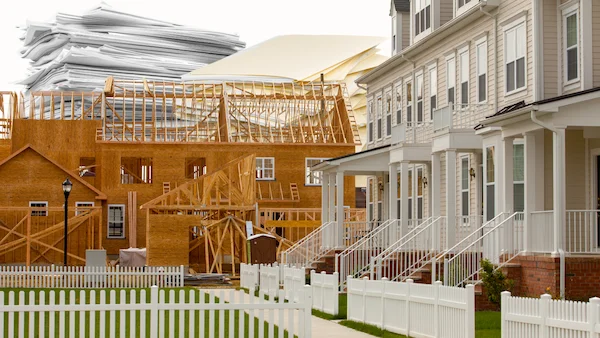
"What we have is not a failure of vision, but one of process."

Arguments that ignore finance, power, and legitimacy are breaking down.
.webp)
Understanding the planning “pyramid” and how commissioners can use their position to shape better outcomes.
.webp)
What can we learn from the Providence we built during the Industrial Revolution?

An executive order and White House fact sheet reveal how Washington manages housing prices without ever letting them fall.
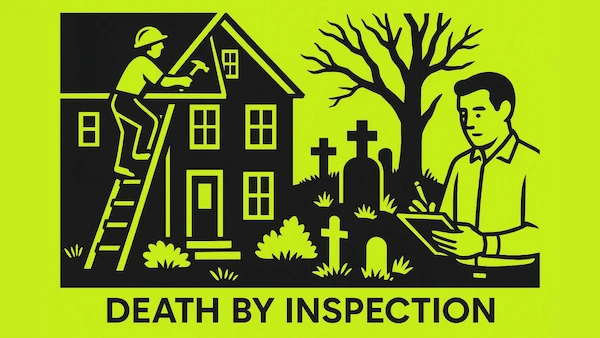
Think permitting and inspections reform don't matter? Listen to this hellish account.
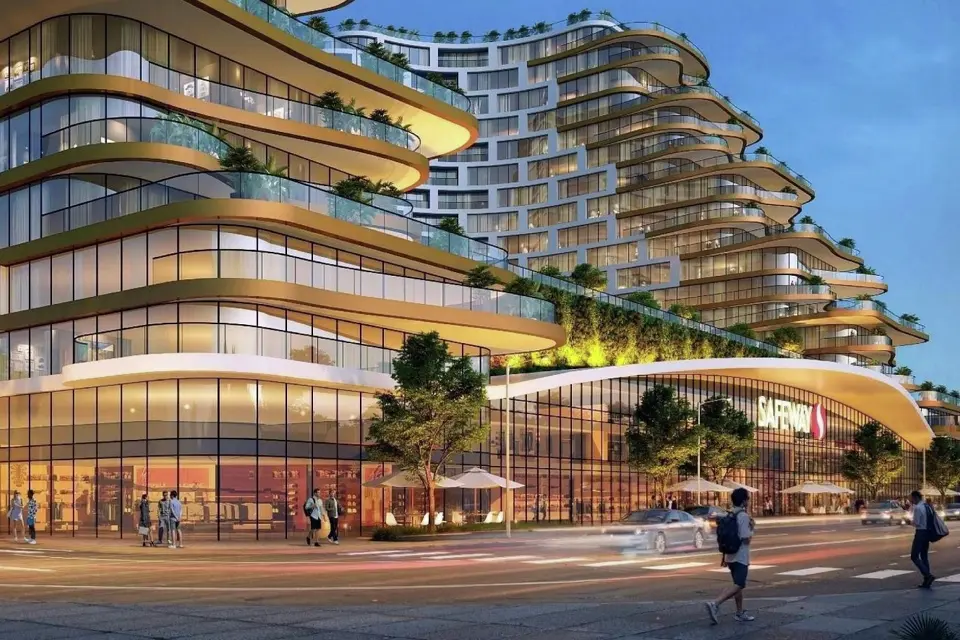
And why the median YIMBY should be more excited by incrementalism.
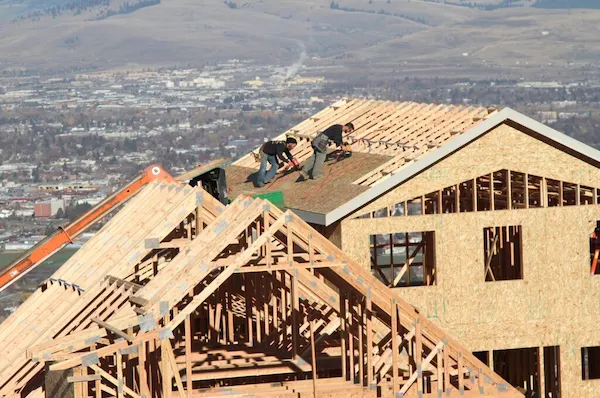
The housing people are looking for may not be what cities are built to deliver.
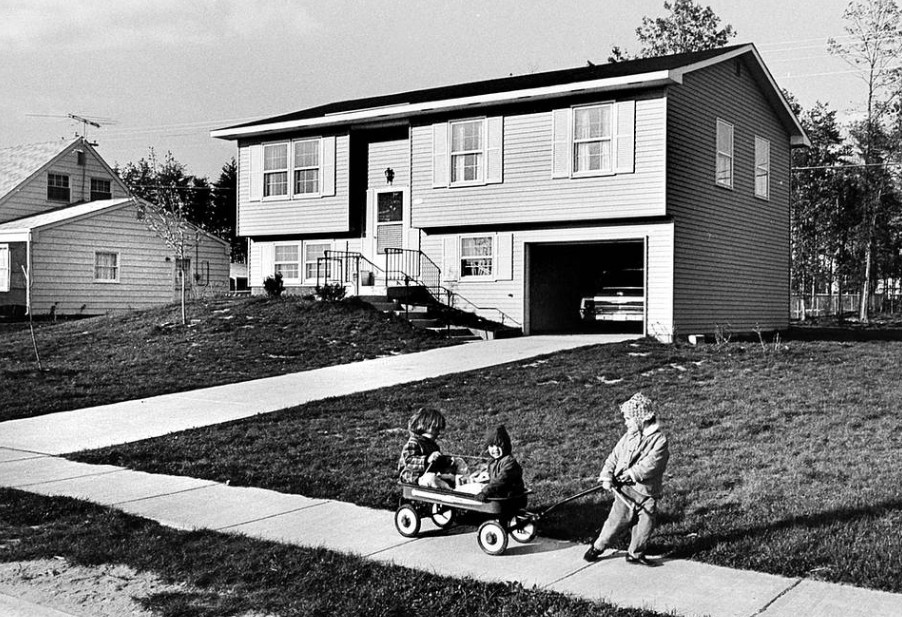
This Indiana city is no longer defined by what it lost, but by what its residents are building today.
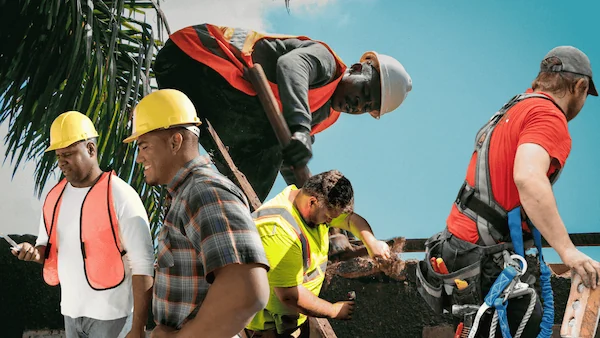
In its Housing-Ready City Toolkit, Strong Towns recommended a 24-hour turnaround for permits. That's not an exaggeration.

Good urbanism isn’t an academic abstraction but a lived experience we can see and feel in the world around us.
.webp)
Rather than join the ranks of abandoned malls, Indianapolis' Glendale Mall demonstrates the promise of suburban retrofitting and the power of small, steady development over time.

Baltimore just took a major step towards making housing more attainable and affordable.

Statewide zoning reform isn't producing the wins everyone expected. An architect reveals why: the permissions may have changed, but the reflexes never adapted.
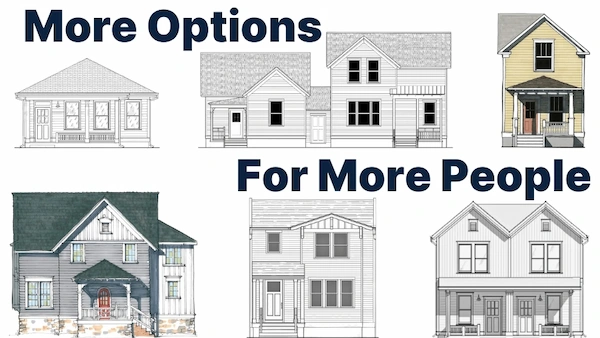
Fayetteville, Arkansas, just gave residents something rare in the world of housing development: a clear, predictable, and affordable path to building.

When homes are priced beyond what local incomes can sustain, the system stretches the debt instead of fixing the root problem.
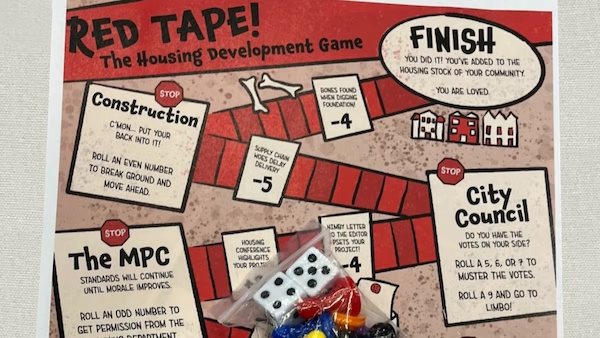
After facing constant roadblocks in opening a neighborhood cafe, an artist in Savannah, Georgia, created a board game that mimics the frustration of small-scale development. It was a wake-up call for local officials.
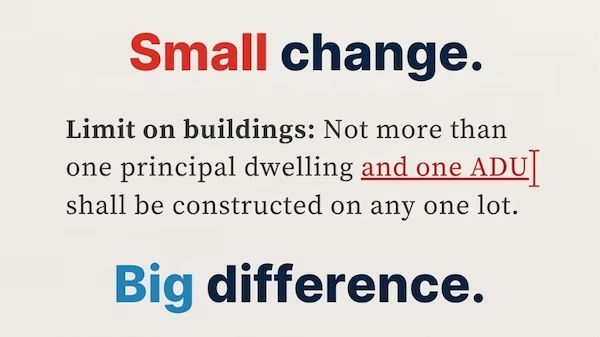
Small, precise zoning code text revisions can be a game-changer for communities facing housing shortages.

Better communication isn’t complicated. If your city wants more incremental development, start there.
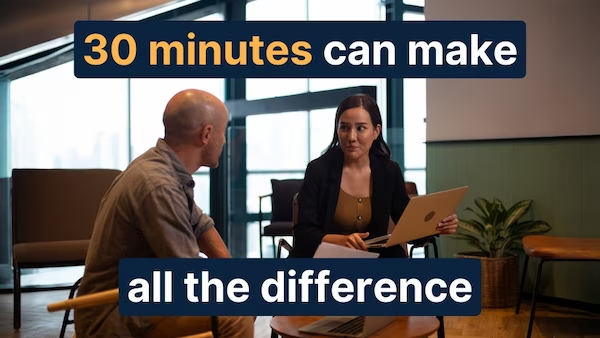
For many small developers, the hardest step isn’t swinging a hammer or drawing a site plan; it’s figuring out where to start. Here's how Bentonville, Arkansas, is fixing that.

Here's how Lafayette, Louisiana, became a national leader in supporting incremental developers and creating an ecosystem where community reinvestment thrives.
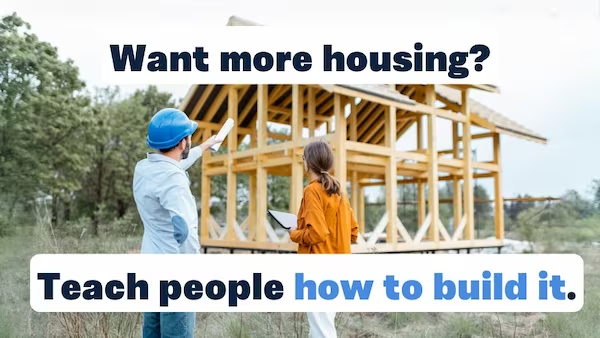
If you want more affordable, resilient, and context-sensitive housing, you need to equip your residents to build it. Here's how Sacramento did it.
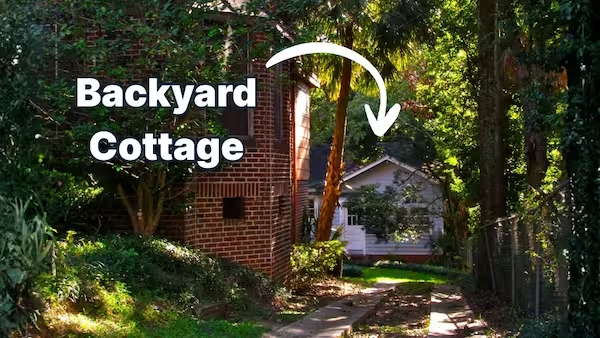
On paper, backyard cottages were legal in Tallahassee, Florida. In practice, they were nearly impossible to build. Here's how the city changed that.
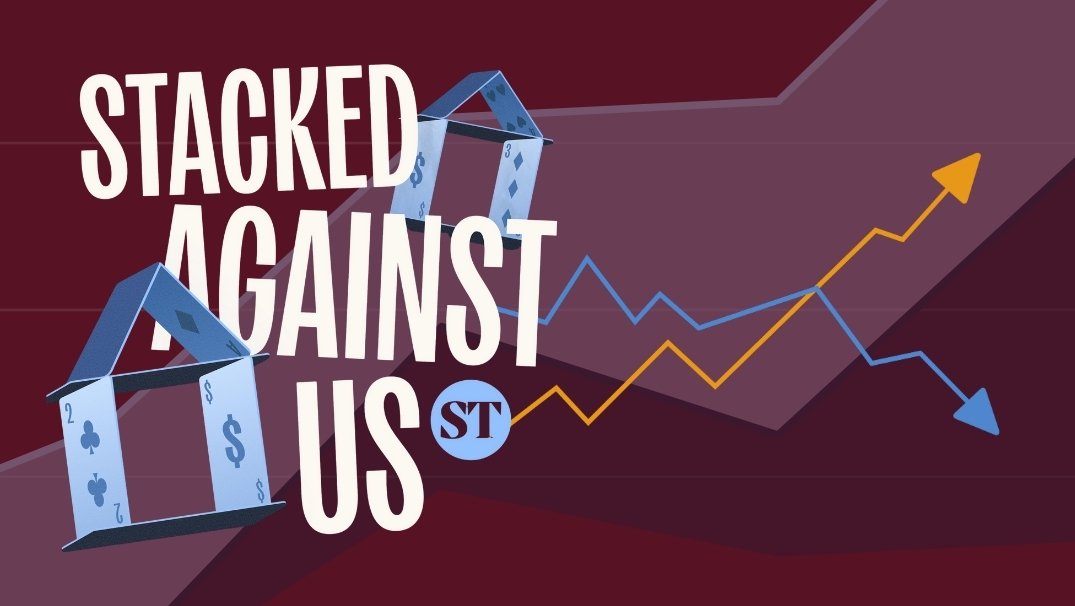
Introducing Stacked Against Us: a podcast about how a national economic gamble broke housing, and why local resilience is the only way forward.